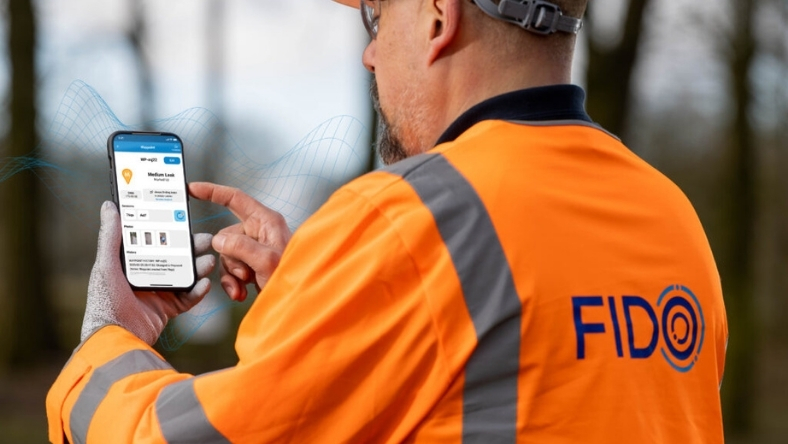RESEARCH
AI Springs a Leak? Water Utilities Eye Machine Learning
New 2025 studies show rising promise for AI in leak detection, though real-world use remains slow to flow
21 Nov 2025

Several review articles published in 2025 indicate that artificial intelligence is becoming a significant tool for detecting leaks in water distribution networks, although its use in day-to-day operations remains limited.
A study by Taloma et al., released on January 31, surveys how machine learning is being used in smart water systems. The authors describe increasing work on deep learning, anomaly detection and pattern-recognition models as utilities install more sensors and collect higher-quality pressure, flow and consumption data. Their assessment offers a detailed view of experiments aimed at interpreting these signatures to identify abnormal behaviour.
A second review, published in June, focuses on advances in deep reinforcement learning and related optimisation methods for leak management. It outlines the potential of adaptive models that adjust to changing network conditions, while noting that most remain in research or pilot phases. The authors argue that stronger computing capacity is accelerating progress but that “widespread operational integration has not yet been achieved”.
Taken together, the articles depict a sector with growing scientific momentum but modest real-world deployment. Analysts observing these studies say scaling remains difficult because of uneven data quality, variations in network design and the need for validation across different utilities. These constraints continue to slow the transition from laboratory results to standard practice.
Traditional hydraulic modelling and acoustic detection still form the backbone of leak management. But researchers say data-driven methods could enable earlier identification of faults, clearer insights into network behaviour and more targeted maintenance. Improvements in metering, pressure monitoring and data integration are expected to support future model performance.
The authors of the reviews note that broad adoption will take time. Still, the work published in 2025 points to rising academic attention and a widening base of techniques that may, with larger datasets and further validation, help utilities build more resilient and efficient water systems.
Latest News
2 Feb 2026
How AI Leak Detection Is Rewriting Water Utility Work30 Jan 2026
Battery-Free Sensors Could Change the Future of Leak Detection20 Jan 2026
How Private Capital Is Rewriting the Playbook on U.S. Water19 Jan 2026
Data Turns Hidden Water Loss Into Action for U.S. Utilities
Related News

INSIGHTS
2 Feb 2026
How AI Leak Detection Is Rewriting Water Utility Work

RESEARCH
30 Jan 2026
Battery-Free Sensors Could Change the Future of Leak Detection

PARTNERSHIPS
20 Jan 2026
How Private Capital Is Rewriting the Playbook on U.S. Water
SUBSCRIBE FOR UPDATES
By submitting, you agree to receive email communications from the event organizers, including upcoming promotions and discounted tickets, news, and access to related events.